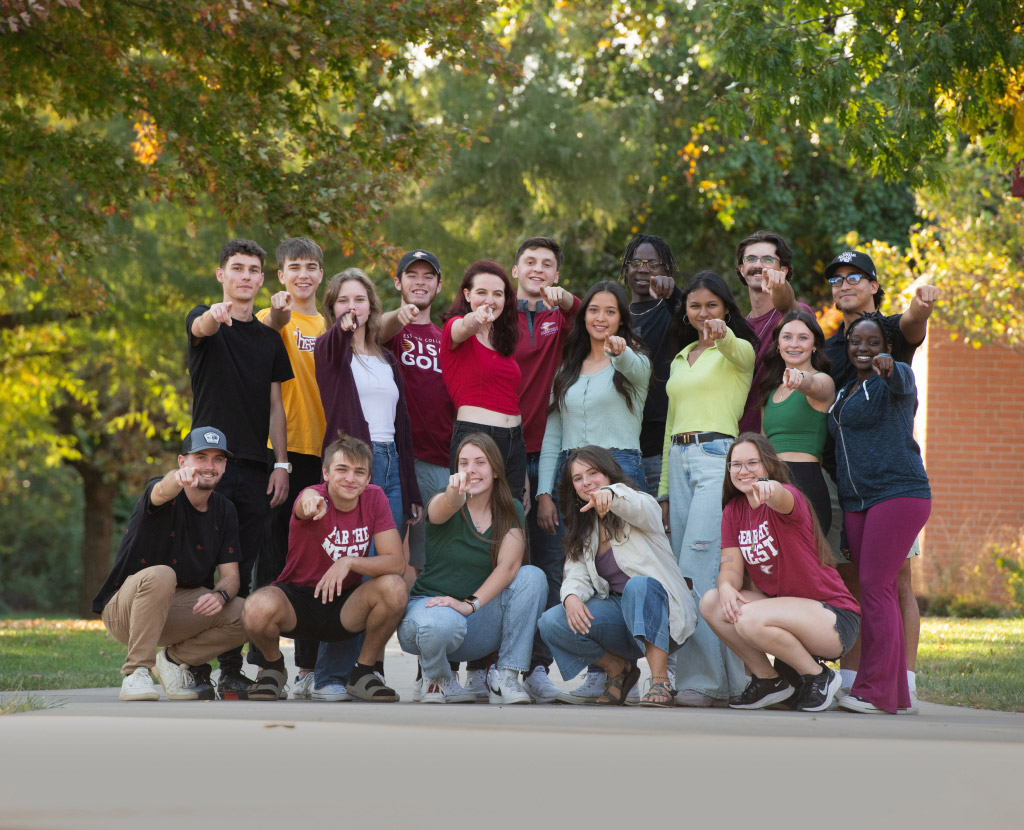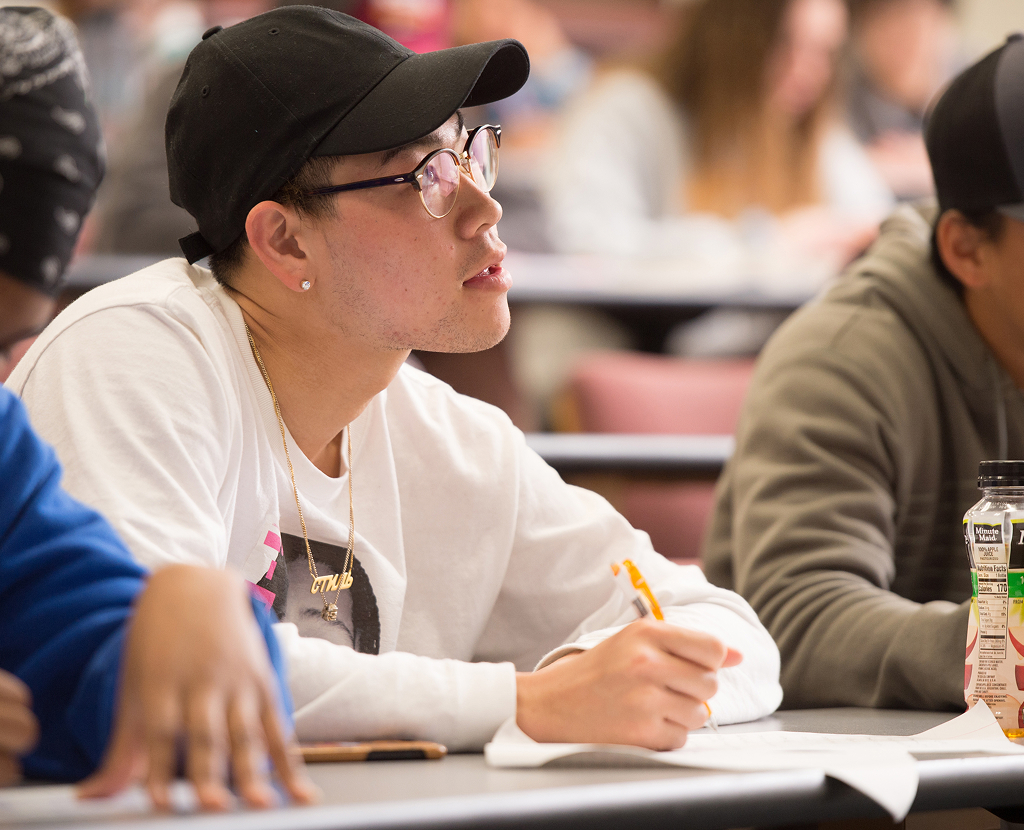Education Focused on You.
With strong academics, growing athletics, vibrant performing arts and a faculty that puts students first, Hesston College doesn’t just prepare you for success in the classroom, but also for success in life.

With strong academics, growing athletics, vibrant performing arts and a faculty that puts students first, Hesston College doesn’t just prepare you for success in the classroom, but also for success in life.

Hesston’s curated degrees, small class sizes and dedicated faculty are designed to cater to your individual strengths and interests.


Residential life, campus activities and ministry opportunities create a community that fosters lifelong friendships.


At Hesston, inclusivity is the culture, and diversity is celebrated. We believe that our unique backgrounds and perspectives make us stronger together.

This experience provides a place for people of all faith backgrounds, cultures and perspectives to engage with one another, build relationships together and create a unique community.

With a range of financial aid options, we’re committed to making a Hesston College education attainable for everyone.
